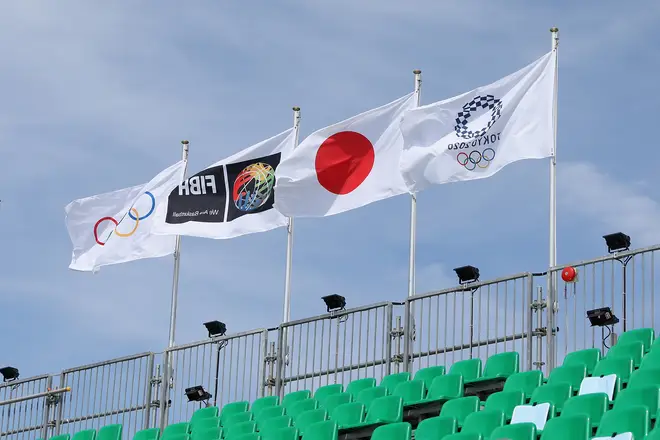On Air Now
Relaxing Evenings with Zeb Soanes 7pm - 10pm
20 July 2021, 11:43 | Updated: 20 July 2021, 11:45

Japanese composer Keigo Oyamada says he apologises “from the bottom of my heart” for his past actions.
Keigo Oyamada, better known by his stage name Cornelius, has stepped down from his creative role in the Olympics opening ceremony, after resurfaced interviews showed him boasting about the graphic details of how he once abused classmates with disabilities.
The Japanese composer, whose career has spanned more than 25 years, was due to be a composer for the opening ceremony of the Tokyo 2020 Olympics on Friday, 23 July.
Oyamada gave two interviews to Japanese music magazines in 1994 and 1995, in which he recalled inflicting horrific physical and mental abuse on his peers when at school.
In his initial apology last week, Oyamada, 52, said: “In past magazine interviews, I spoke of my thoughtless remarks and actions towards my classmates in my school days and people with disabilities at neighbouring schools without reflecting on what I did at the time. I take it seriously that I deserve to be criticised.
“I sincerely accept the opinions and advice I have received, express my gratitude, and will keep them in mind for my future actions and thoughts,” the musician wrote on social media. “I apologise from the bottom of my heart.”
Read more: 12 glorious pieces of classical music inspired by the Olympic Games

Mr Bean's Orchestral Experience and Hilarious Sketch at the London Olympics Opening Ceremony
When reports first began to resurface last week, Oyamada apologised on his website for “making many people feel very uncomfortable” about his participation in the Olympic and Paralympic Games, but did not offer to resign.
Olympics organisers said that given Oyamada’s apology, he could stay on as a composer for the ceremony. Their decision sparked fury on social media, after online accounts said Oyamada had forced one classmate to eat his own faeces.
After the composer finally resigned yesterday (19 July), organisers called his bullying “absolutely unacceptable” and said their decision to allow him to stay on was “wrong”.
“We offer our deepest apologies for the offense and confusion caused to so many during this time,” they said.
Oyamada added: “I am deeply sorry for my classmates and their parents who have been hurt by my remarks and actions, and in school life, which is supposed to make fun memories, I did not become a good friend, but rather I was in a position to hurt.
“I feel deep regret and responsibility. When I was a student and at the time of the interview, I think I was a very immature person who could not imagine the feelings of the victims.”